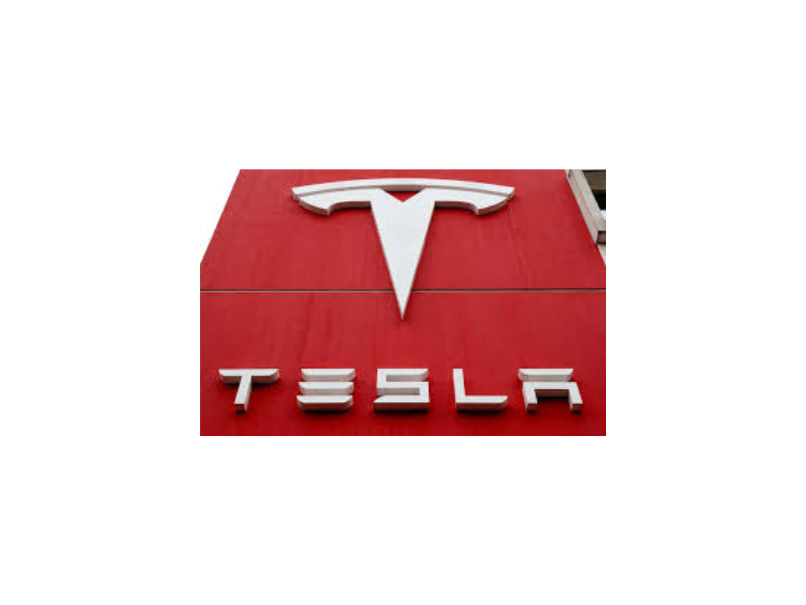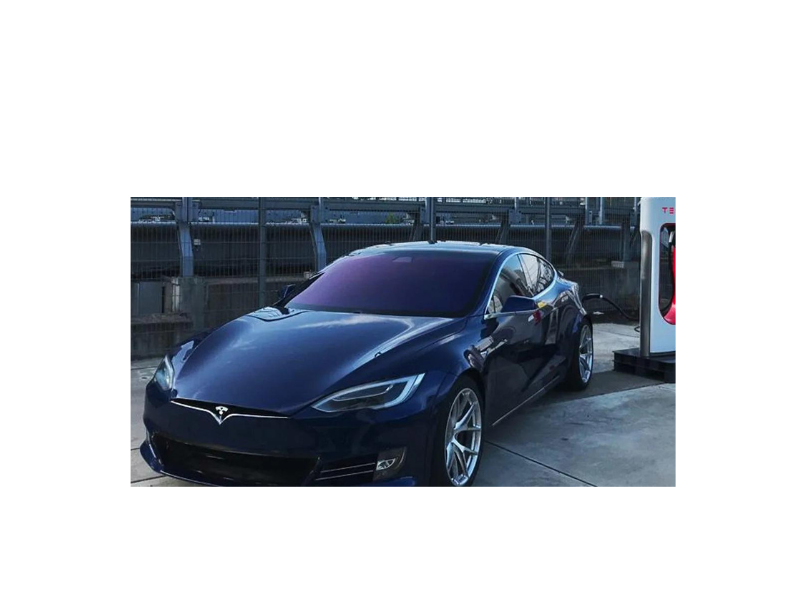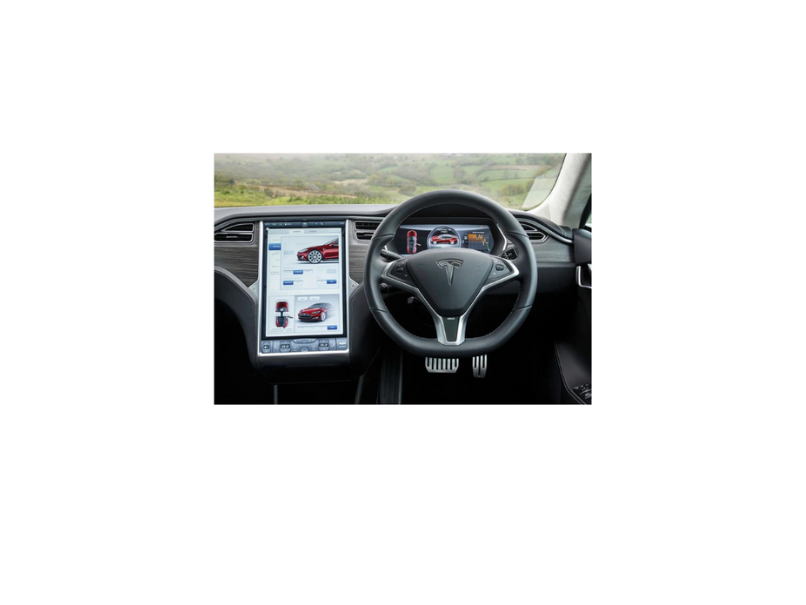
“Tesla 2023 Recalls: Complete Model List”

Due to problems with the autopilot technology, more than 2 million Tesla vehicles were recalled on Wednesday. The National Highway Traffic Safety Administration also revealed that the business will be providing a free software upgrade.
Elon Musk, the millionaire CEO of Tesla, had issued recall notices before this year. As of December 13, the electric vehicle manufacturer had notified owners of 13 separate recalls involving a range of problems with its cars, from semi trucks to the Model X.
The National Highway Traffic Safety Administration’s most recent car and motor vehicle recalls are compiled in an automotive recall database that USA TODAY uses to track car recalls from Tesla and other manufacturers.
Here’s what you need to know in 2023 regarding every Tesla recall.
Keep you and your loved ones secure.
Tesla Recall
1. Tesla recall: software upgrade for 2 million cars due to insufficient autopilot
2. 188,000 cars, including Ram, Infiniti, and Ford, are recalled: Look up auto recalls here.
3.The impacted models of the 142,000 Ram cars that Chrysler is recalling are listed below.
4.Honda recalled about 303,000 Accords and HR-Vs due to a missing seat belt component.
5.Among the 937,400 automobiles recalled were Toyota, Honda, and BMW: Look up auto recalls here.
6.Due to a fire hazard, Jeep Wrangler 4xe SUVs are being recalled.
15 Model S, Model X, Model 3, Model Y recall
A recall by Tesla that covers around 362,758 vehicles—including some Model S, Model X, Model 3, and Model Y models made between 2016 and 2023—was recently announced. The recall is related to worries regarding the behavior of the Full Self-Driving Beta software.
This sophisticated technology demonstrated risky behaviour at intersections and was present in cars that either had this software installed or were in the process of installing it. Ignoring posted speed limit adjustments, failing to stop completely at intersections regulated by stop signs, and ignoring turn-only lanes are among the issues. Furthermore, the system did not adapt to the driver’s penchant for speeding over the posted limits.
Tesla requests that impacted owners adhere to particular guidelines supplied by the firm in order to resolve these problems. This could entail installing new software or taking other essential steps to guarantee the Full Self-Driving Beta system operates correctly and safely. Owners are invited to contact Tesla or visit the official Tesla website for additional information and guidance regarding the recall procedure.
This recall emphasizes how important it is to keep up with updates and take immediate action to fix any problems found in order to ensure the safe operation of cutting-edge driver assistance systems like Full Self-Driving Beta. It is encouraged that car owners give the suggested activities top priority in order to ensure the safety and security of their vehicles as well as that of other road users.

Understanding the December 12 Tesla Recall: Autopilot Update for Model S, Model X, Model 3, and Model Y
In a recent development, Tesla has issued a recall affecting a substantial number of vehicles—specifically, 2,031,220 units comprising the Model S, Model X, Model 3, and Model Y. The recall pertains to the Autosteer feature, an integral component of Tesla’s autopilot system. Let’s delve into the specifics to comprehend the nature of the recall, the potential impact, and the measures being taken to address the issue.
Recall Overview
- Models Affected: The recall covers a wide range of Tesla vehicles, including the 2012-2023 Model S, 2016-2023 Model X, 2017-2023 Model 3, and 2020-2023 Model Y. The focus is on vehicles equipped with all versions of Autosteer leading up to the version(s) that contains the recall remedy.
- Potential Vehicles Affected: A staggering 2,031,220 vehicles fall within the scope of this recall, making it one of the most significant recalls in Tesla’s recent history.
- Problem Description: The recall is prompted by concerns related to the Autosteer feature. In specific circumstances where Autosteer is engaged, it has been identified that the prominence and scope of the feature’s controls may not be sufficient to prevent driver misuse of this advanced driver-assistance feature.

Recall Specifics
Tesla has outlined the recall remedy, primarily involving a comprehensive software update for the affected vehicles. The update is designed to address the identified issue and enhance the controls and parameters governing the Autosteer feature.
- Enhancement of Autosteer: The recall attempts to strengthen the Autosteer feature’s controls, making sure that the driver is aware of its capabilities and reducing the possibility of abuse.
2. Software upgrade: A software upgrade is planned for more than two million cars. This update is essential for addressing the perceived lack of control in Auto-steer’s controls and enhancing Tesla’s autopilot system’s overall efficacy.
3. Proactive Approach: Tesla took a proactive stance in resolving safety concerns, as seen by their choice to apply a software update. Through the use of over-the-air upgrades, Tesla is able to effectively roll out enhancements without needing owners to physically interact with their vehicles.
Driver Misuse and Autosteer
The crux of the recall centers on instances where the Autosteer feature may be misused by drivers. While Autosteer is designed to provide an advanced level of driver assistance, its effectiveness hinges on user understanding and responsible engagement.
Common Scenarios of Misuse:
Over-reliance on Autosteer: Certain drivers may place too much trust in Autosteer, believing it can manage every driving situation without their direct intervention.
Inattentiveness: Because autosteer is not a completely autonomous system, drivers must always be alert and prepared to take over. When drivers grow complacent and neglect to pay enough attention to the road, misuse may result.
Failure to Follow recommendations: When drivers disregard Tesla’s usage recommendations for Autosteer, there may be circumstances in which the feature’s safeguards are insufficient to stop abuse.
Tesla’s Commitment to Safety
User Education

The recall highlights the importance of educating Tesla owners about the proper usage of Autosteer. Ensuring that drivers understand the limitations and capabilities of the feature is crucial for safe and responsible driving.
Continuous Monitoring: Tesla’s capability to distribute updates wirelessly enables ongoing observation and improvement of the car’s systems. This flexibility is a defining feature of contemporary car technology, giving producers the ability to quickly resolve new problems.
Collaboration with Users: The recall emphasizes the collaborative relationship between Tesla and its user base. By encouraging owners to install the software update, Tesla actively involves users in the ongoing process of refining and optimizing vehicle performance.